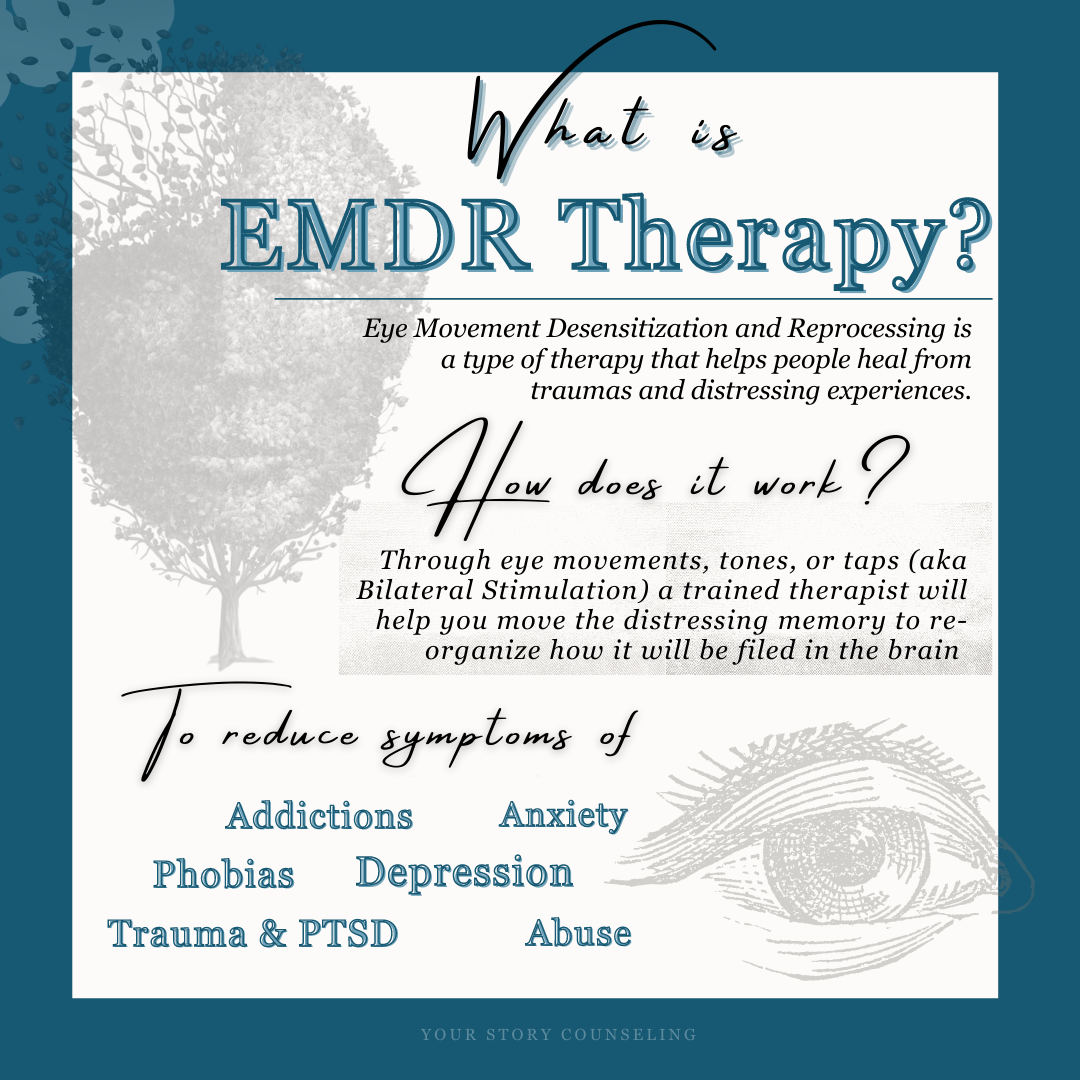bullying, partner violence, medical trauma, complex trauma, early childhood, abuse
Support for Trauma

Although emotional trauma is often a natural response to disturbing events, experiences, and disasters, the physical and emotional strains this causes us can keep us stuck in exhaustion, confusion, numbness, and dissociation from our recent experiences. Trauma can be experienced at any age, and it often comes into an individual’s life in the most abrupt and complex kind of way. And just as the traumatic situations arise dramatically different from person to person, so do the symptoms they will experience.
The courage it takes to confront and manage the impact of trauma on the survivor is indescribable to those who haven’t experienced it. Yet, it is essential to note that the body holds trauma differently than our mind, so effective treatment requires learning to connect with both.
The range of experience and training that our therapists specialize in working with trauma allows them to create a comfortable space where individuals feel safe, respected and understood. Creating a new chapter first requires a place where healing can begin. Insomnia or nightmares
What is it?
SAMHSA definition of Trauma: “Individual trauma results from an event, series of events, or set of circumstances that is experienced by an individual as physically or emotionally harmful/threatening and that has adverse effects on their functioning and physical, social, emotional, or spiritual well-being.”
The definition and, therefore, causes of trauma are primarily dependent upon the person’s perspective of their experience or circumstance. In other words, what is traumatic to you may not necessarily be traumatic to someone else but is still valid and can be measured on a physiological level.
Our form of treatment?
Our EMDR-certified therapists can help individuals dealing with trauma to reprocess specific memories that have become locked in the brain. See the information below about EMDR Therapy.
What Causes it?
When a person is traumatized or experiences a traumatic event/circumstance, the natural way in which our minds cope with information becomes overloaded and can result in these traumatic experiences remaining “frozen” or “unprocessed” in our brains.
These unprocessed memories are then stored in “raw” form within the limbic system (the part involved in our behavioral and emotional responses) of one’s brain and thus become disconnected from the brain’s cortex, where we use language to store memories. This results in the possibility that the limbic system’s traumatic memories will continually be triggered when you experience events that are similar to or associated with the difficult experiences you’ve been through in the past.
treatment apprach for post-traumatic stress, secondary traumatic stress, trauma, and other types of psychological distress.
EMDR Therapy

EMDR stands for Eye Movement Desensitization and Reprocessing Therapy. When a disturbing event occurs, it can get locked in the brain with the original picture, sounds, thoughts, feelings, and body sensations. EMDR therapy may assist in effectively processing and incorporating traumatic memories into general associative networks in the brain, creating an understanding of the memories within the larger context of the client’s life experience.
EMDR uses rapid sets of eye movements (or auditory tones/tactile tapping) to help to unlock the system and allow your brain to process the experience. This is part of what happens in the REM sleep cycle [or dream sleep] – the eye movements help to process the unconscious material. Contact us to learn more about Group Therapy and Counseling Services.
Resources: (EMDR Client Handout.)








